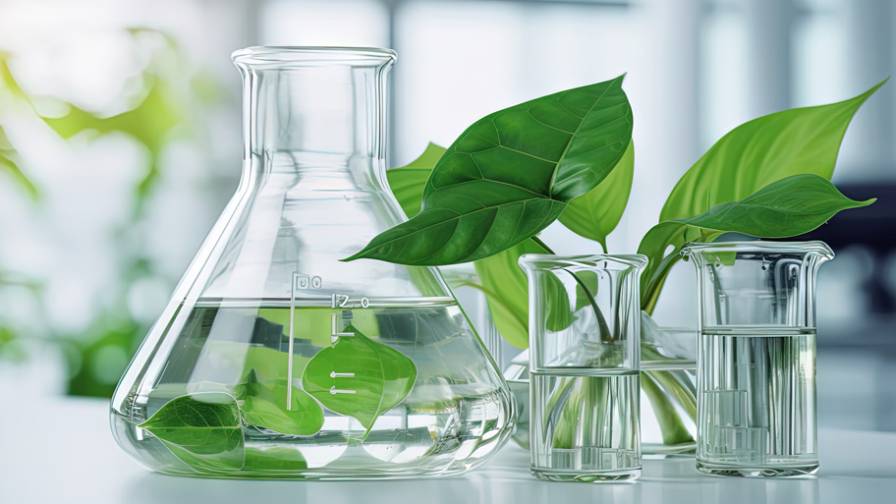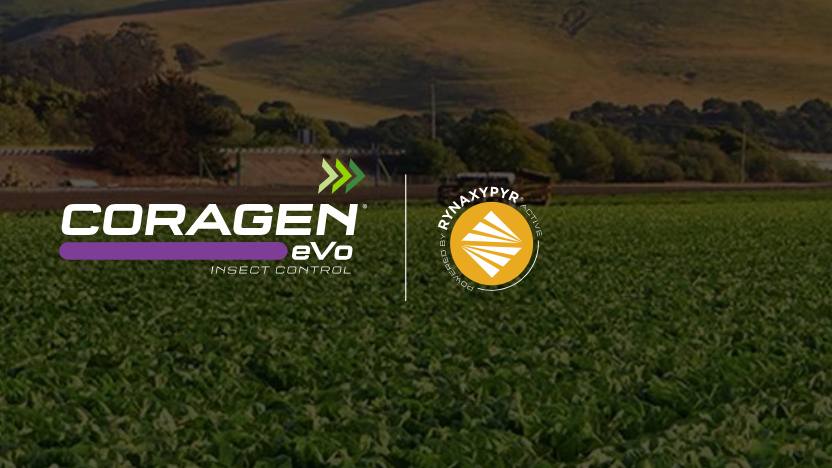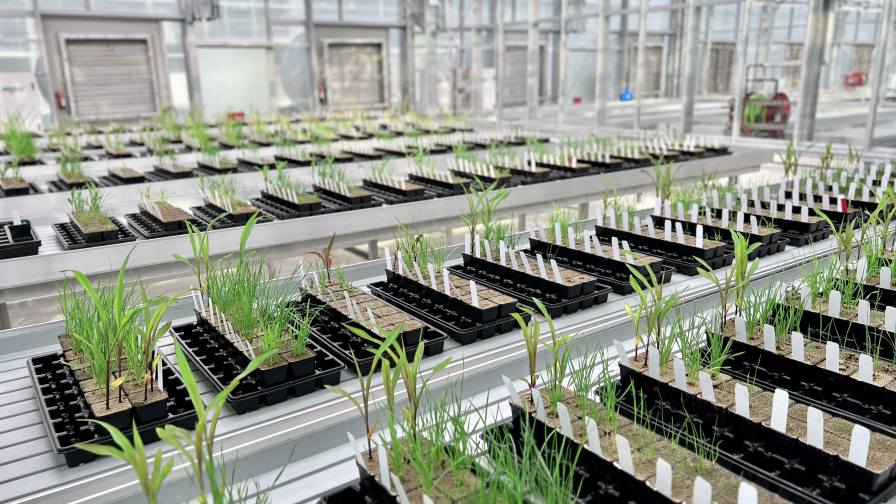Time to Get Serious About Sustainability
Consumers are in more control of their food than ever before, and their preferences will impact the entire value chain. Consider the introduction of labels like GMO Free, Fair Trade, and Certified Organic as examples of the ability of consumers to change production systems, and they are just the beginning. The next generation of food labels will feature metrics that highlight the environmental impact of food production from field to fork. Just like adhering to traditional pollution standards, these metrics will be the table stakes to doing business with your supply chain.
It has already begun in the way of global, regional, national, and individual company sustainability initiatives, and it has given birth to new industries in energy, technology, and food (more on AgriBusiness Global Trade Summit™ coverage here and here).
Plant-based food companies Impossible Foods and Beyond Meat are leaders in a food sector now worth about $5 billion, and it grew on its message based on reduced carbon emissions and environmental preservation. It’s more than marketing; it’s a mission to make the planet a better place, and it’s generating a 30% CAGR, according to the Good Food Institute.
Panera Bread announced in October that it will be listing the carbon footprint of some its menu items. The restaurant will label its salads, soups, and sandwiches that have carbon footprints of less than 5.38 kilograms of carbon dioxide. Panera worked with environmental nonprofit World Resources Institute to calculate its menu’s carbon footprints. The goal was to help restaurants reduce their greenhouse gas emissions from food by 25% in the next 10 years, according to Panera.
As consumers continue to move the needle on corporate responsibility, there will be more announcements like these, and they will affect the upstream crop input value chain as retailers and restaurants continue to calculate the environmental footprint of food’s entire lifecycle.
Leaders in this space have already created their own sustainability initiatives, many of which correlate to UN goals and metrics for the next decade. Syngenta’s purchase of biostimulant company Valagro was cited as part of its Good Growth Plan, which aims to “put the urgent fight against climate change and biodiversity loss at the heart of farming’s productive future and the global economic recovery.”
At the heart of biological product integration is a rethink of production systems. If we bolster plant health, we mitigate the need for reactive pest control chemistries and blanket fertilizer applications. The results are production systems that maintain their productivity with fewer chemical inputs that are increasingly scrutinized by regulatory systems around the world. Strict regulatory environments in the EU have generated heightened adoption of these plant health products, and many see regulation that drives adoption as an inevitability that will alter farming practices around the world.
More acquisitions are likely in this space. On the heels of the Syngenta/Valagro deal, AMVAC announced it would purchase Agrinos, another leader in the biostimulant space.
As adoption continues to percolate through the retail chain and farm level, analysts expect more consolidation and investment from traditional agriculture companies to transform a burgeoning segment into a mainstream staple for farm production.
“This transaction legitimizes biostimulants as a necessary and effective crop input,” DunhamTrimmer Managing Partner Mark Trimmer told AgriBusiness Global™. “It shows that it is an important part of the toolbox that all growers need. It also says that if companies of this size and scale are in play, then all companies in this segment are in play for potential M&A activity, and we think there will continue to be these kinds of transactions the rest of the year.”






